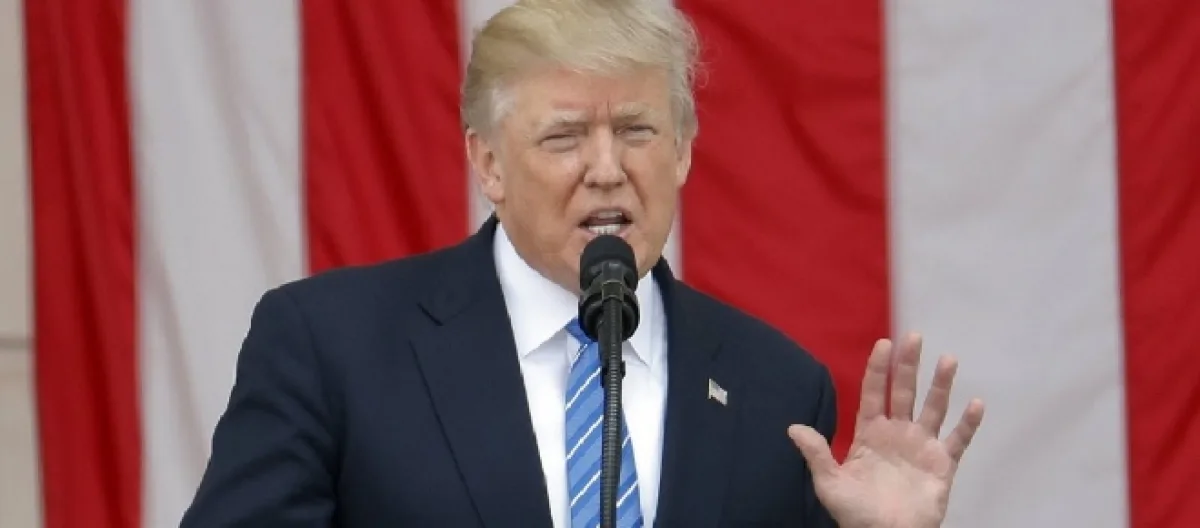As expected, President Donald Trump has withdrawn the United States from the Paris climate accord. He made the announcement in the White House Rose Garden. The president did not address the science of climate change as such, but rather the shortcomings, as he saw it, of the Paris agreement. The announcement fulfills a promise he made during the presidential campaign and will, therefore, be viewed favorably by Trump’s base.
‘Pittsburgh, not Paris’
Trump stated, “I was elected to represent the citizens of Pittsburgh, not Paris.” That statement, in a nutshell, was his explanation for withdrawing from the climate change agreement. He noted that adhering to the agreement would cost the United States millions of jobs and a decrease in economic growth.
He also suggested that the accord was unfair as it imposed burdens on the United States that are notedly shared by other countries that emit more greenhouse gasses, particularly China and India. He finally stated that the agreement would have negligible effects on the increase in global temperatures.
The president did offer an olive branch of sorts by proposing to renegotiate America’s reentry into the Paris accord or the formation of a new agreement more favorable to United States' interests.
Political fallout
The political fallout will be as one might expect. Republicans and conservatives are hailing Trump’s decision as a correction of what they see as an ill-considered decision by the Obama administration into a bad agreement. The president’s blue collar supporters, who saw the Paris agreement as being entered into at their expense, are also happy with the decision.
Liberal Democrats and environmentalists are, by contrast, outraged. A small group of protesters yelled slogans outside the White House.
Former President Barack Obama expressed disappointment. California Gov. Jerry Brown vowed that his state would adhere to the agreement, in effect “decarbonizing” that state’s economy.
Economic effects
Efforts by the federal government to clamp down on fossil fuels and ramp up support for renewable energy had already started to come to an end before Trump announced his decision. That does not mean that the renewable energy industry will stop in the United States or that oil and gas will reign supreme forever. As the cost of solar and wind continues to diminish, more energy will be generated with those technologies. Cheaper, cleaner, burning natural gas will continue to displace coal regardless of government policy. In the United States, at least, outside blue states such as California, energy technology will be determined by the market and not government fiat.
